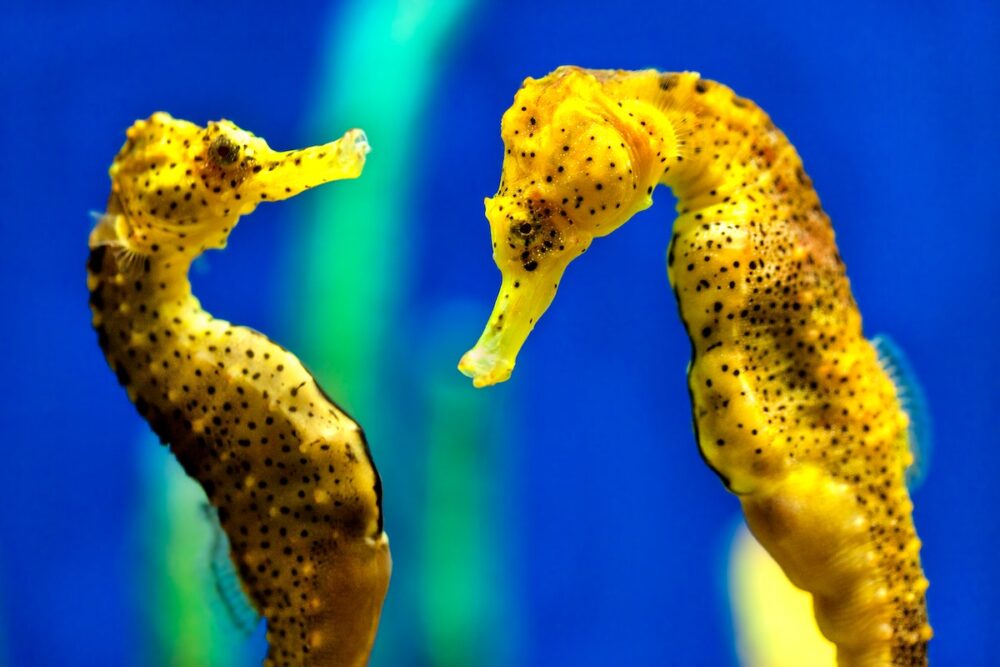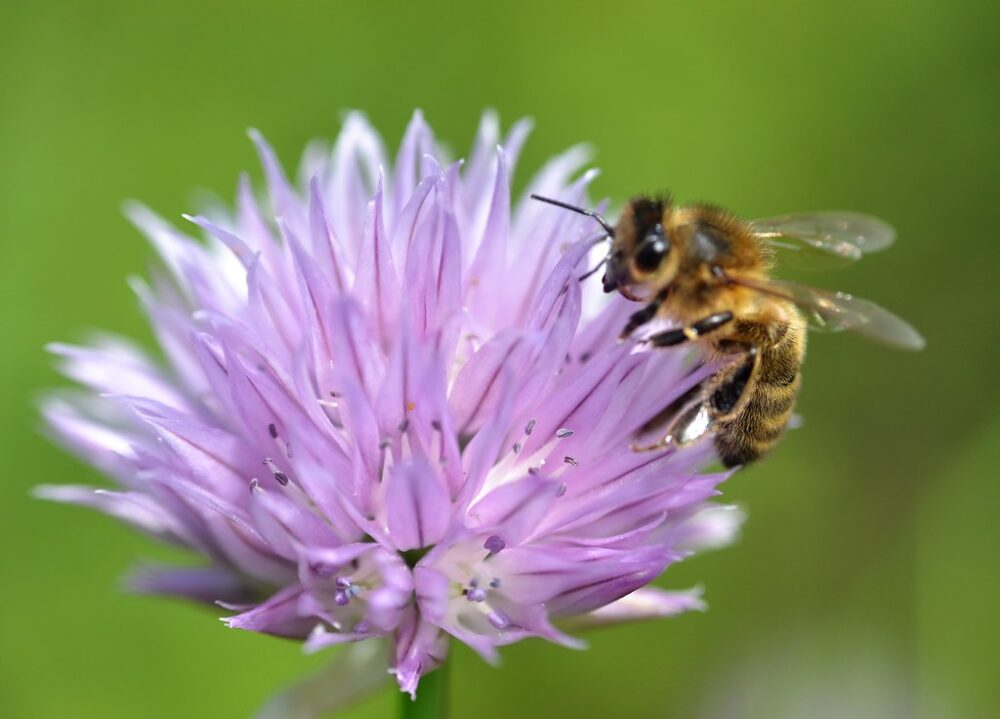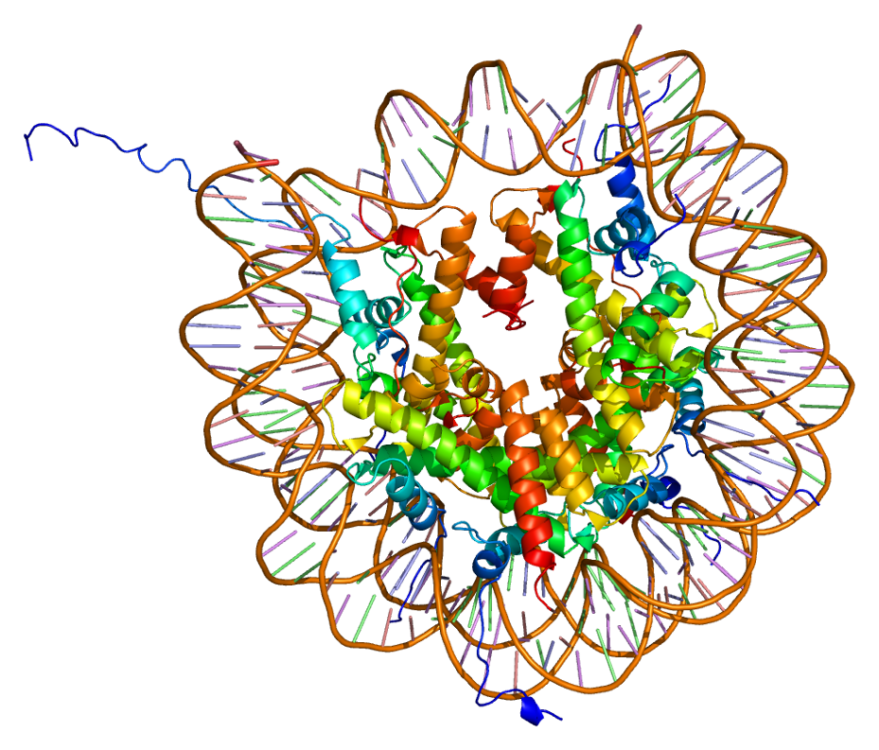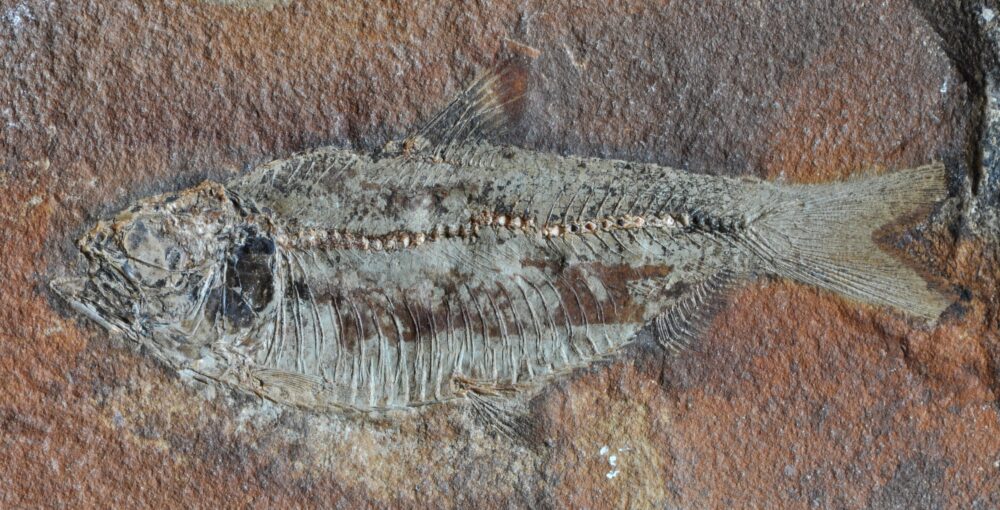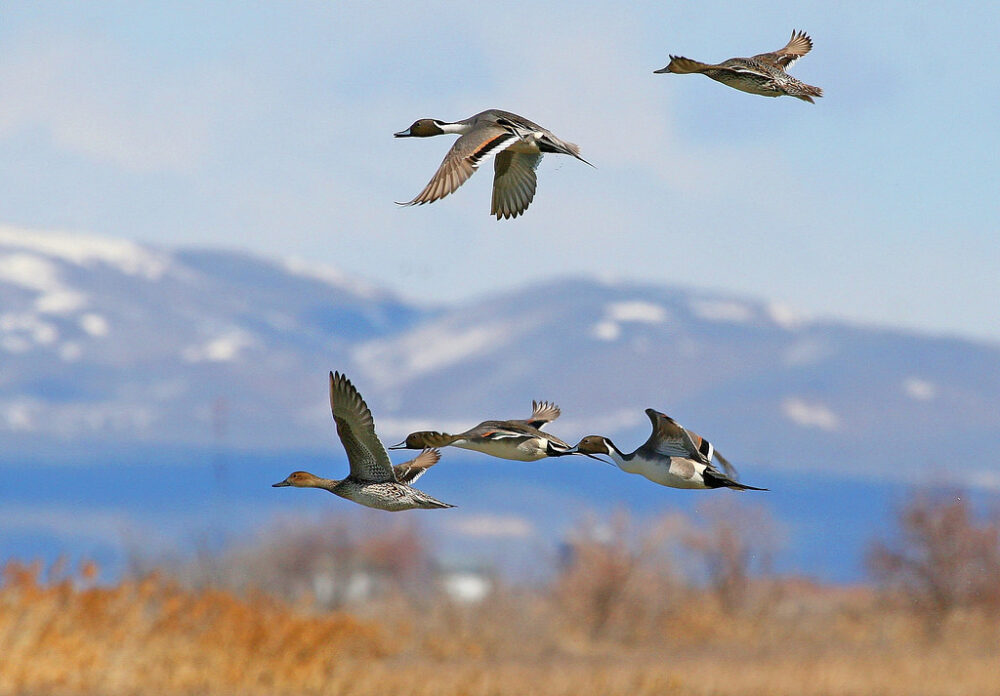Nature’s miracles: Hippocampi
There is no doubt that seahorses are fascinating creatures. Ranging from the size of a pine nut to nearly a foot long, sporting funky colors and an aura of mythicism, they have long been a source of wonder to human civilizations. Scientists find them intriguing for a host of reasons — their elongated, suction-like snout, […]
Nature’s miracles: Hippocampi Read More »
